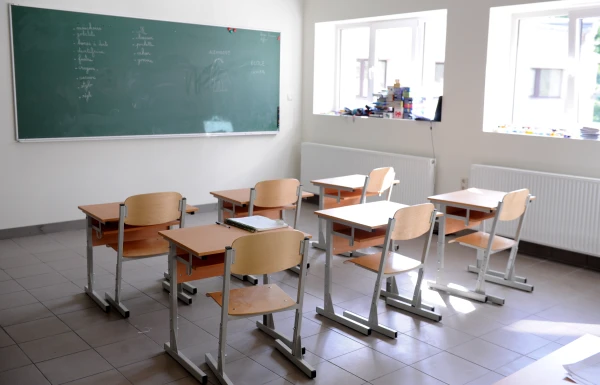
During the transition to instruction solely in Latvian, support is needed not only for former national minority schools but also for schools with Latvian as the language of instruction, where children for whom Latvian is not a native language study, states the report of the State Quality Service (GSKO) on the transition to the "unified school" in the 2024/2025 academic year, writes LETA.
The State Quality Service (GSKO) indicates that the transition affects five types of educational institutions, and each requires an individual approach depending on the type of school, the language of instruction, and the composition of teachers.
The greatest difficulties arise in former national minority schools, where all classes are transitioning to a unified school, as well as in schools with Latvian as the language of instruction, where students for whom Latvian is not a native language are joining.
In former national minority schools, teachers often are not native speakers of Latvian, even though instruction is conducted in Latvian. Nevertheless, in everyday communication, students and some teachers use Russian, which requires special attention to the study of Latvian.
In such an educational environment, there is still a prevailing belief that the quality of mastering the Latvian language depends primarily on the number of lessons, rather than whether Latvian is used as the main means of communication by all teachers throughout the school day, notes GSKO.
Some informal communication in the native language continues in schools where programs in Latvian have already been implemented. However, an early transition in these schools allows for a more successful integration of students with different language backgrounds.
At the same time, in Latvian-speaking schools, where children who do not speak Latvian as their native language are appearing, adapted educational materials are required, and different languages, including Russian and English, are used in communication among children.
In some institutions, there is a targeted increase in the number of teachers for whom Latvian is a native language, which helps to develop language skills among students more quickly.
The transition is proceeding almost without problems in schools where only part of the classes is transitioning to Latvian — in such schools, Latvian dominates everyday communication, and most teachers are native speakers.
In vocational educational institutions where instruction is already conducted in Latvian, some students still need individual support in language learning.
The current 2024/2025 academic year is the third and final stage of the transition of all educational institutions implementing basic education programs in minority languages to instruction solely in Latvian.
In most institutions — about two-thirds — the transition is proceeding according to plan; however, serious difficulties have been identified in one-third of schools, as indicated in the GSKO report.
The main challenges in these schools are related to the inability of management to manage change, insufficient preparation of teachers to work in a linguistically heterogeneous environment, prolonged absence of teachers and support staff, and a poorly implemented competency-based approach.
In the 2024/2025 academic year, the transition affected 8,299 students, of whom 289 were in private schools and 8,010 in municipal schools.
This week, a message from history teacher Edvarts Krusts on social media caused a wide resonance, in which he announced that he had resigned from Riga's 13th Secondary School, where instruction was previously conducted in Russian, as he believes that the transition to a "unified school" is not actually taking place.
"The gradual transition to instruction solely in Latvian has proven unsuccessful, as absolutely all classes I worked with had insufficient knowledge of the Latvian language to ensure the educational process," Krusts wrote, adding that negative attitudes towards the Latvian language in this school are observed among both the students and their parents, as well as among some teachers.

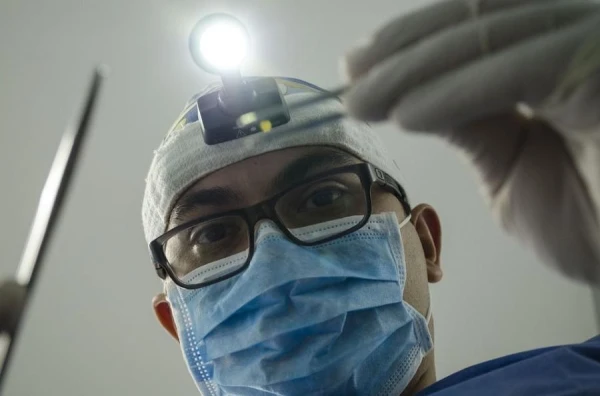
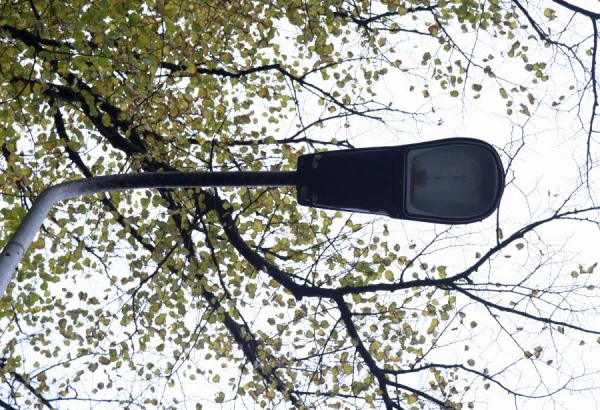

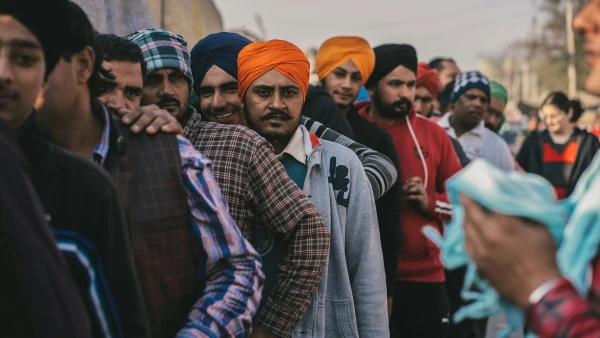

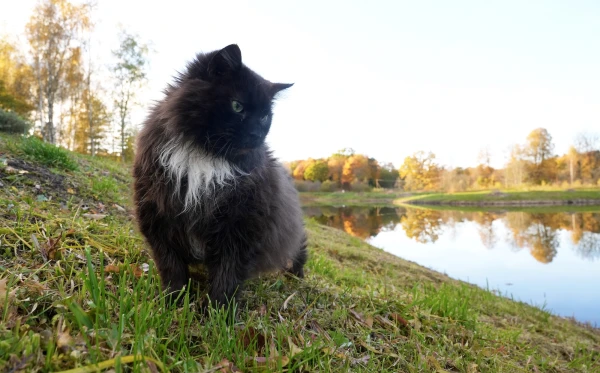

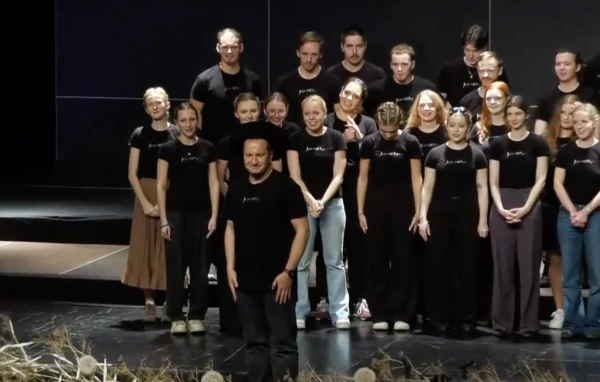
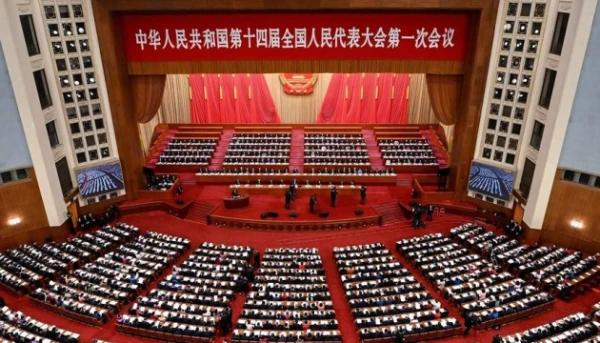

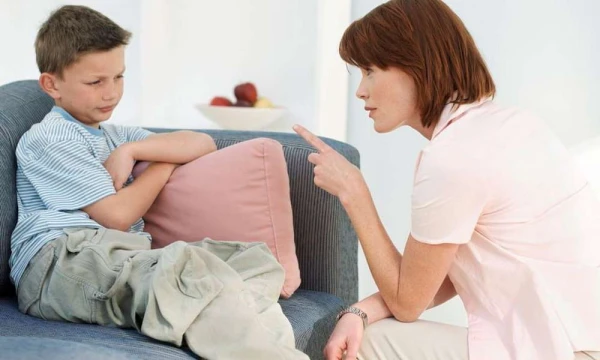

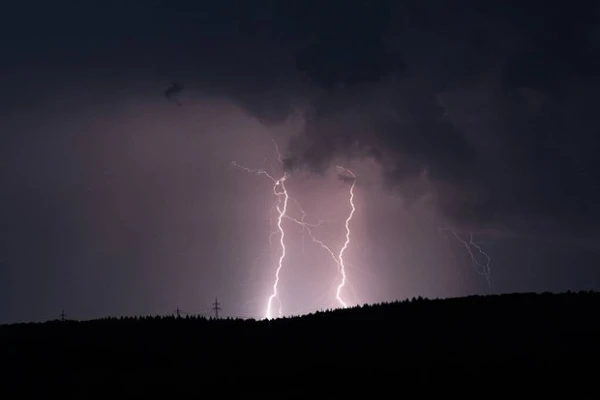
Leave a comment